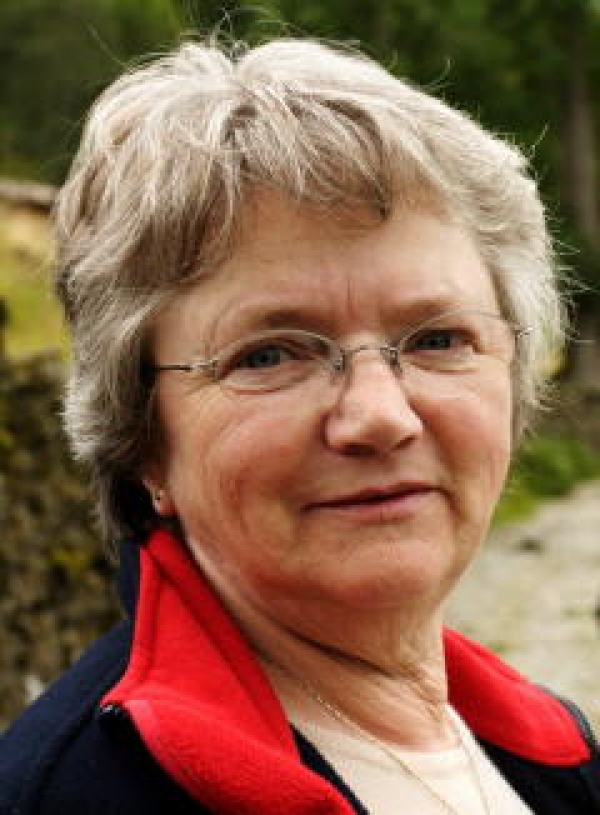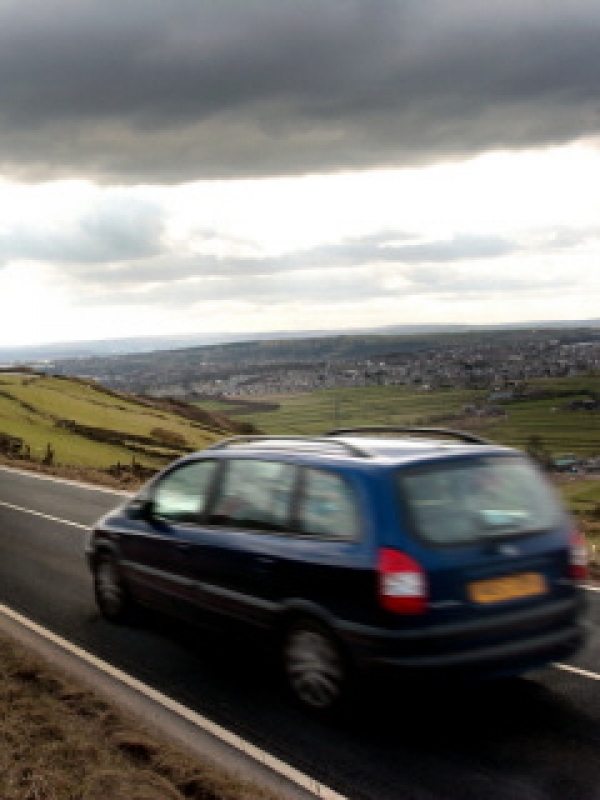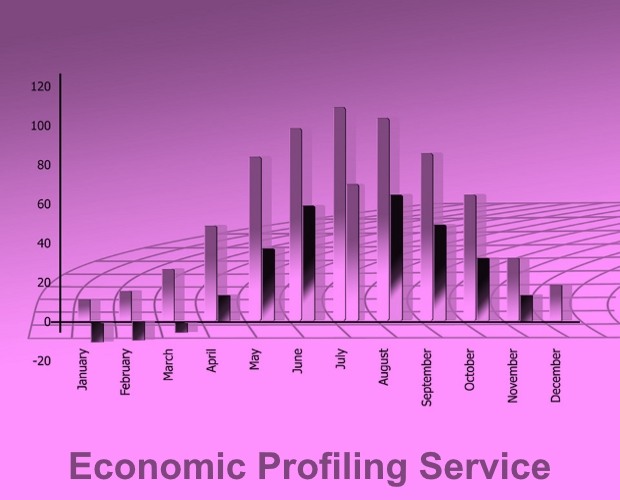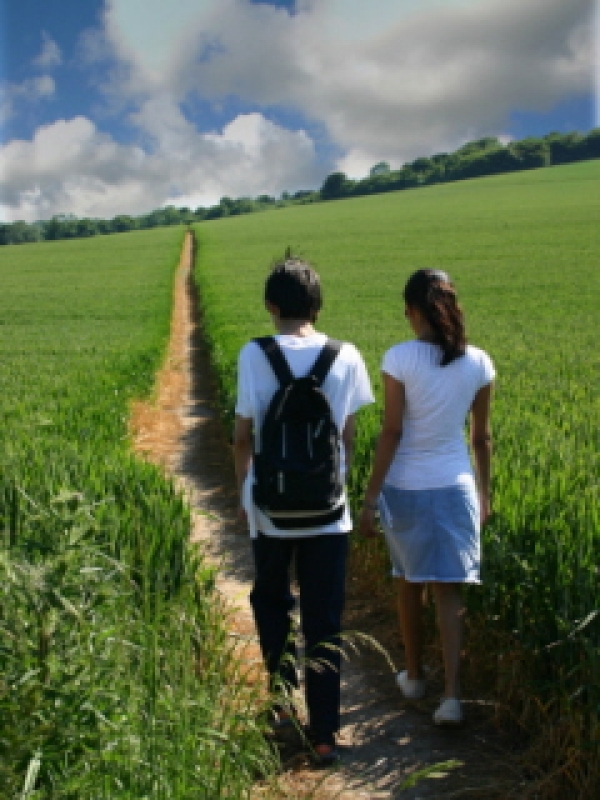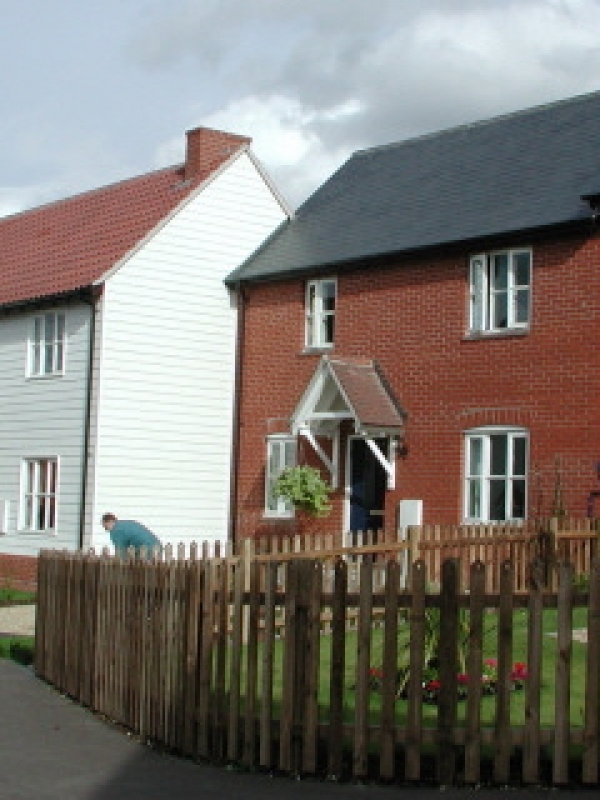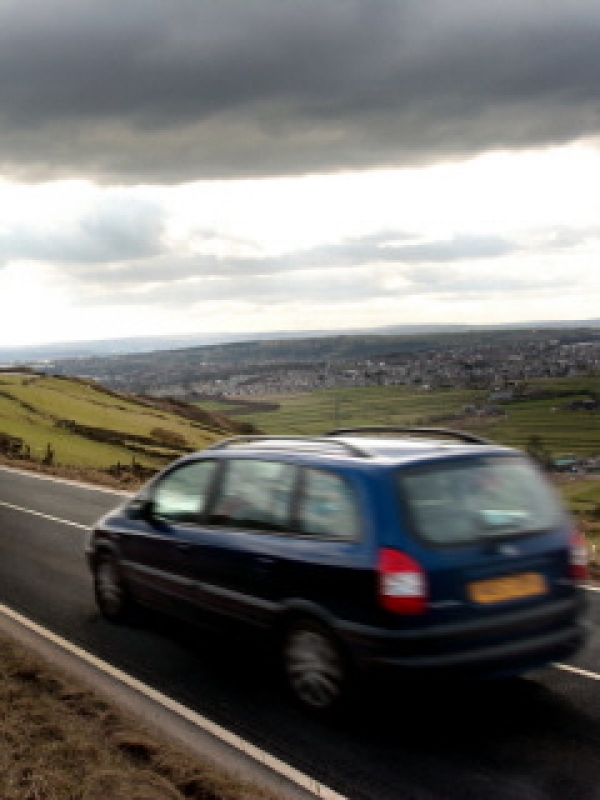T: 01822 851370 E: [email protected]
Bookings are now officially open for the National Rural Conference 2025, which will take place online from Monday 15 to Thursday 18 September.
This is the Rural Services Network’s flagship event of the year, bringing together rural decision-makers, practitioners, and advocates for four days of live, interactive sessions focused on the future of rural communities.
Click here to book!
Volunteers will be asked to take rural residents to their local library after the mobile service closes in Hampshire. A library service fit for the future would be delivered following one of Hampshire County Council's largest ever public...
A new initiative aims to make it easier for service providers to help people with mental health problems overcome their day-to-day challenges. Mental health charity Mind has launched a " Life Support " briefing highlighting the challenges faced...
RURAL drivers are being urged to take extra care after figures showing most fatalities occur on country roads. Although traffic levels are generally lighter, rural roads accounted for 982 deaths – nearly 60% of all fatalities in 2014,...
RURAL residents with inadequate broadband connections should be compensated, say business leaders. Every home and business owner must be given a legal right to fast, reliable and affordable broadband, said the Country Land and Business Association . ...
- Unemployment Claimant Flows as an Indicator of Economic Performance JSA claimant flows analysis (January 16) JSA claimants as percentage of working population analysis (September 15)...
Apprenticeships provide an important route into skilled employment, and as such are an important factor driving an areas economy. This analysis provides a picture of apprenticeship programme participation for a chosen local authority area, and provides comparison to either another...
A NEW blueprint for the future of countryside access in East Sussex will be considered by councillors. East Sussex County Council's cabinet will discuss a proposal to consult on a draft Countryside Access Strategy for public rights of...
Peers and rural groups have joined forces to argue for measures that protect the affordability of rural housing. The consortium includes the Rural Services Network, the Rural Housing Alliance, the Country Land and Business Association and the Campaign...
COUNCILS in Sussex are encouraging landlords to boost trade and help put the pub at the heart of rural communities. A special open day will be hosted by Wealden District Council , East Sussex Council and the Pub...
RURAL councils have given a lukewarm reception to a £250m fund to repair more than 4 million potholes. Funding calculated according to the size of the local road network in each area was announced by transport secretary Patrick...
NEWSLETTER
Sign up to receive all our latest news and updates.
HOT TOPICS
Amid reduced public spending, fair resource allocation across regions is crucial. Despite a population larger than Greater London, rural areas receive significantly less funding for essential services, even though delivering these services in rural areas is more expensive.
Economic growth is widely acknowledged as essential for national wealth and prosperity and is a priority for political parties. Rural economies, employing millions and home to a higher proportion of small businesses, have potential for growth if barriers are removed.
Rural residents face distinct healthcare challenges, including limited access to transport, longer distances to medical facilities, an aging demographic, housing inadequacies, digital connectivity gaps, and difficulties recruiting health and care workers.
Rural communities are grappling with a severe affordable housing crisis, marked by high house prices, a lack of affordable housing, elevated living costs, and lower incomes, threatening their sustainability and vitality.
Transport is vital for the quality of life and economic health of rural areas, yet it faces challenges such as infrequent public bus services and less Government funding compared to urban regions.
Rural areas, encompassing a substantial portion of England's population and land, play a pivotal role in combating climate change and achieving the net zero target.
In an increasingly digital world, the lack of robust digital infrastructure in rural areas severely limits access to crucial services and stifles economic growth.
A future-focused vision for rural communities involves not just building the right homes in the right places but also ensuring thriving, sustainable communities.
SIGN UP TO OUR NEWSLETTER
Sign up to our newsletter to receive all the latest news and updates.


